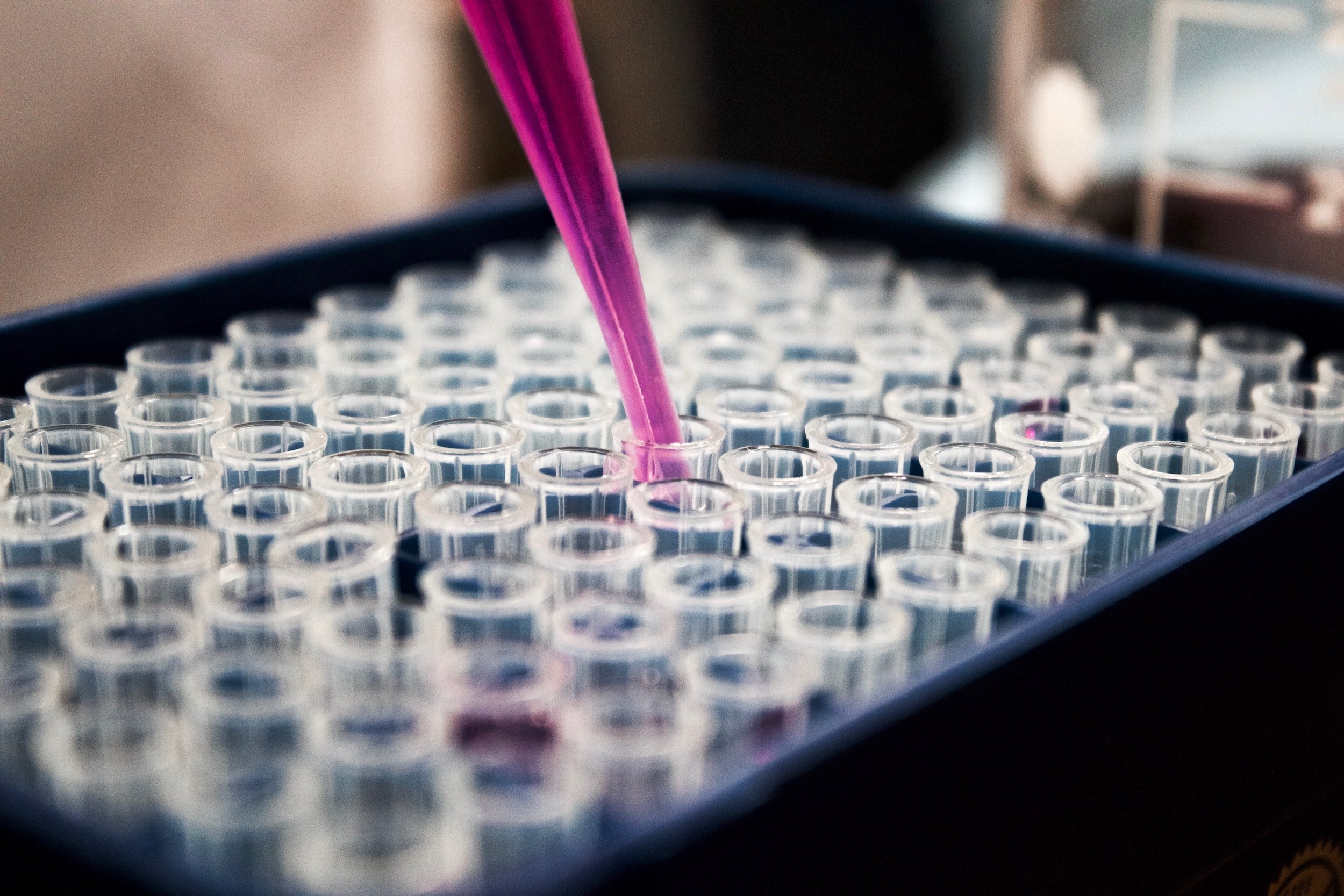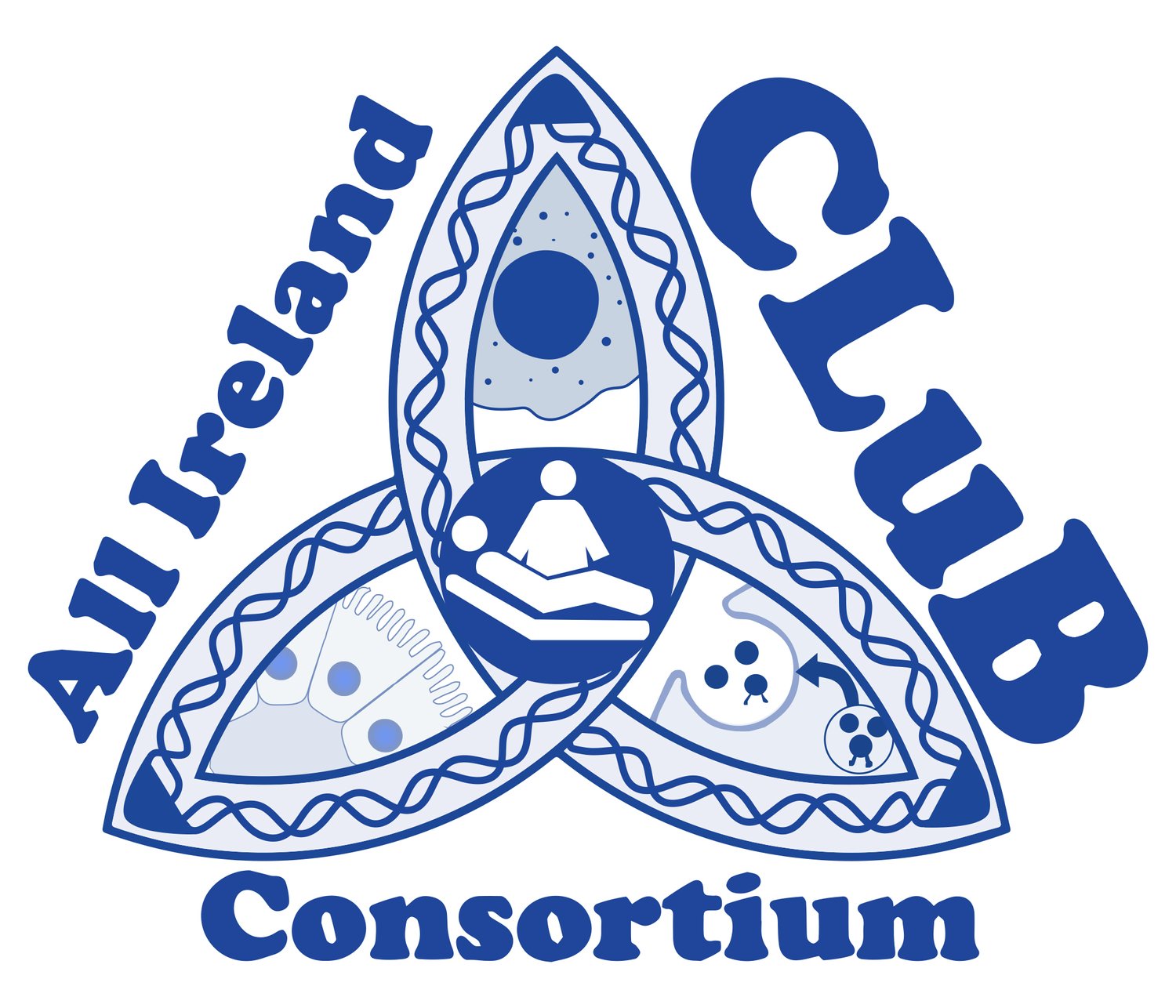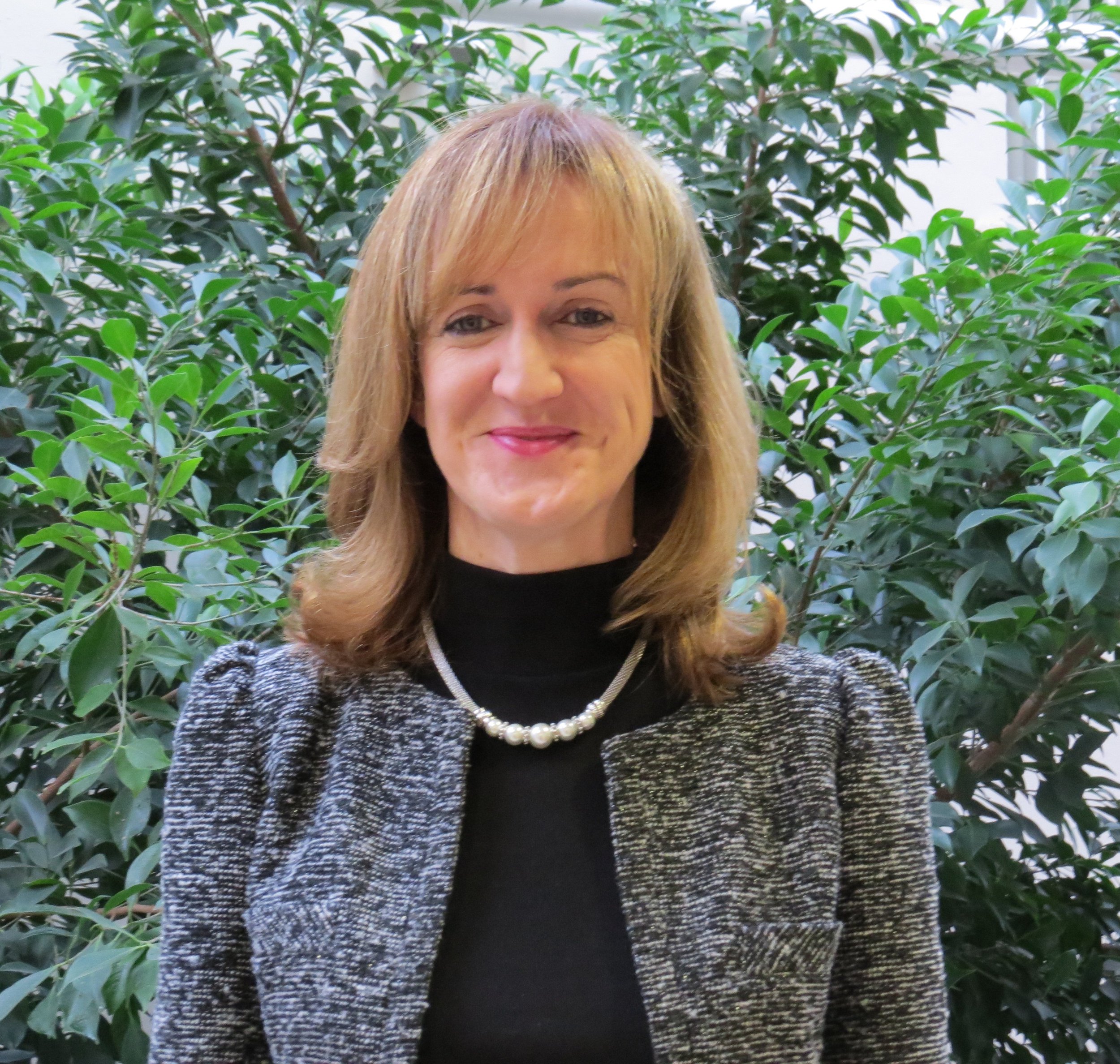
Let Us Tell You About Our Research
Professor Lorraine O’Driscoll
“My research is focussed on understanding why cancer occurs; what causes it to spread throughout the body; what causes it to develop resistance to anti-cancer drugs; and what causes it to suppress the body’s immune system, the system that should be protecting us from cancer.
As example, from laboratory experiments with cells grown in incubators combined with studies of blood samples kindly donated by cancer patients, my group was first in the world to discovery that tiny packages of information released by cancer cells into the blood – and known as extracellular vesicles (EVs) – can transmit anti-cancer drug resistance to previously drug sensitive cancer cells. So, some of our studies are aimed at understanding what these EVs carry that causes so many problems, and preventing this.
Some EVs, however, have promise as cancer diagnostics. Others, as novel drug delivery vehicles. So, we are also working on harnessing these characteristics for the good.
Overall, we perform research to understand both the problems and benefits associated with EVs, so this information can be advanced to clinical utility.”
Professor Paul Mullan
The Mullan group at Queen’s University Belfast are interested in developing blood tests to better diagnose cancers, particularly hard to diagnose cancers such as ovarian, triple negative (breast), lung and pancreatic.
One of the key factors that determines patient survival is the stage at which their cancers can be detected. Tissue/surgical biopsies are the current routine methods for diagnosing most cancers, but these have many limitations. Blood sampling to diagnose solid cancers, otherwise referred to as ‘liquid biopsies’, have great potential to improve current cancer diagnosis.
Compared to surgical biopsies, liquid biopsies are much less invasive, they can allow for repeated sampling of patients, and they are much more cost efficient. From a diagnosis perspective, we know that many cancers release DNA, proteins and other markers into the bloodstream, and liquid biopsies may be used to detect these markers. Our group is very interested in a process called DNA methylation (DNAme), whereby DNAme tags are misplaced on DNA in cancer cells. These DNAme tags can then be detected in the bloodstream, since they are different from the small amounts of normal DNA found in blood.
We are interested in developing liquid biopsies which can use this information on cancer DNAme to help diagnose cancers earlier and with more accuracy, thereby increasing the likelihood of better patient outcomes/survival for a range of cancers.”
Dr Niamh Buckley
Cancer is complex and can vary considerably between patients even within the same cancer type. However, treatments are often generalised meaning not everyone receives clinical benefit.
We therefore need to be able to better diagnose and classify cancers based on in-depth knowledge of the distinct biologies that are driving them. This can also be used to determine the best treatment options either using existing treatments or through development of new drugs. In order to do this, we need to be able to model cancer in the lab in a way that is a similar to the patient as possible. In this project we are going to use tissue directly from patients and grow it as an “organoid”. This means we use special conditions that can maintain the cells and tissue for as long as possible and maintains the features of the original tissue.
We can then use these organoids in the lab to better understand the biology driving these cancers, test new treatments and develop new ways to diagnose the disease. Overall the CLuB consortium is trying to develop new diagnostic tests from blood. We hope that organoids can be used as a step in-between patient tissue and blood to allow the development of these new tests leading to improved patient outcome.
Dr Kathy Gately
Lung cancer is one of the most common cancers affecting both men and women in Ireland.
Almost 2,700 people are diagnosed with lung cancer each year in Ireland. More people die from lung cancer in Ireland than any other type of cancer. Non-small cell lung cancer (NSCLC) is the main type of lung cancer and curative-intent surgery is the current standard of care for early-stage disease. However, recurrence rates remain high at approximately 50% overall. Therefore, there is an unmet need to identify patients who are at risk from disease relapse and to monitor these patients during and after their treatment. The focus of our research group is to isolate and profile the contents of patient blood samples (liquid biopsies) before and during treatment to identify biomarkers that can be used to predict which patients might develop disease recurrence.
These patients can then be screened more regularly and may benefit from additional treatments such as chemotherapy or targeted therapy. Identification of new biomarkers in the blood is faster, cheaper, and easier for screening and monitoring response to treatment.
The results of our research will help reduce the overall strain on the healthcare system and lead to better overall patient survival.
Dr Sharon O’Toole
The survival of women presenting with ovarian cancer has changed little in five decades, with Ireland having one of the highest mortality rates in Europe.
Over 400 women are diagnosed annually and many with advanced disease due to late diagnosis and tumours becoming resistant to treatment. A lot of our research centres on trying to diagnose the cancer earlier but also in trying to identify markers or “biomarkers” that can tell us how someone will respond to treatment.
The “liquid biopsy” is an attractive way to identify biomarkers as it is less invasive than trying to get tissue. We collect blood, tissue and healthcare data from patients undergoing treatment for ovarian cancer. We store these in a biobank so it is ready for researchers to use and test for new biomarkers.
We are grateful to all the patients who donate their samples to the biobank.
We also work with patient groups and charities to create awareness of the symptoms of ovarian cancer by promoting the “BEAT” campaign; Bloating, Eating difficulties, Abdominal pain, Toilet changes. We encourage patients to “have their say” in research by getting involved in our public and patient involvement group Irish Society of Gynaecological Oncology (ISGO)
Dr Pilib Ó Broin
My group works primarily on building computational/statistical models which integrate a patient’s genetic and health data in order to make predictions about how the specific subtype of cancer they have is likely to progress, as well as which types of treatment might work best for them.
Dr James P. Beirne
My research focuses on two themes. Firstly, trying to identify better ways of detecting gynaecological cancers earlier, and secondly, trying to make complex surgical treatments safer and more effective for patients that need them.
Professor John O’Leary
Precision (P4) Medicine offers an enormous opportunity to refine and improve cancer medicine, by directly involving the patient.
Our group works in many areas of cancer including: cervical, ovarian, prostate, head and neck, cancer stem cell biology and cancer metastasis.
Defining populations of cancer cells that circulate in the circulation (called circulating tumour cells (CTCs) is at the centre of what we do in our P4 Cancer Medicine initiative, by defining what CTCs are most lethal to the patient, how these CTCs can be detected and categorised and how CTC populations can be treated. To do this we are examining CTC taxonomies (types and forms) in order to develop precision therapeutic approaches. Also central to our research effort is a fundamental examination of how CTCs interact with component cells of the blood and inflammatory cells. We believe that this will yield unique insights into CTC biology and ultimately improve our understanding of cancer metastasis and improve survival for all cancer patients.
We are essentially attempting to develop ‘tomorrrow’s medicine today’.








